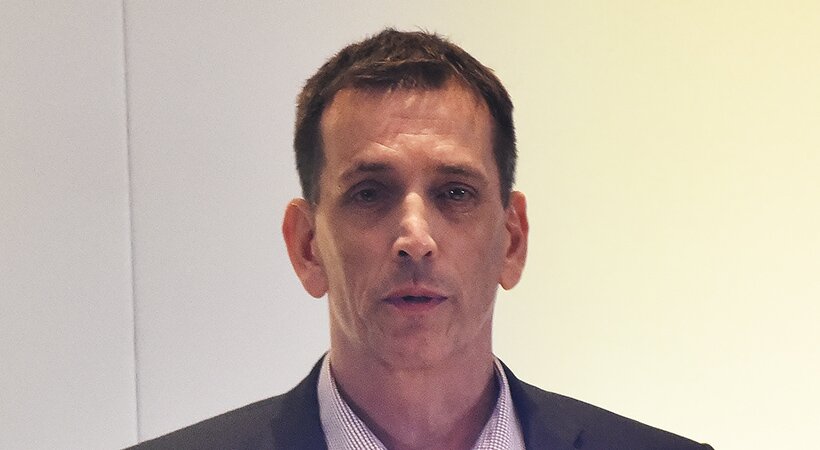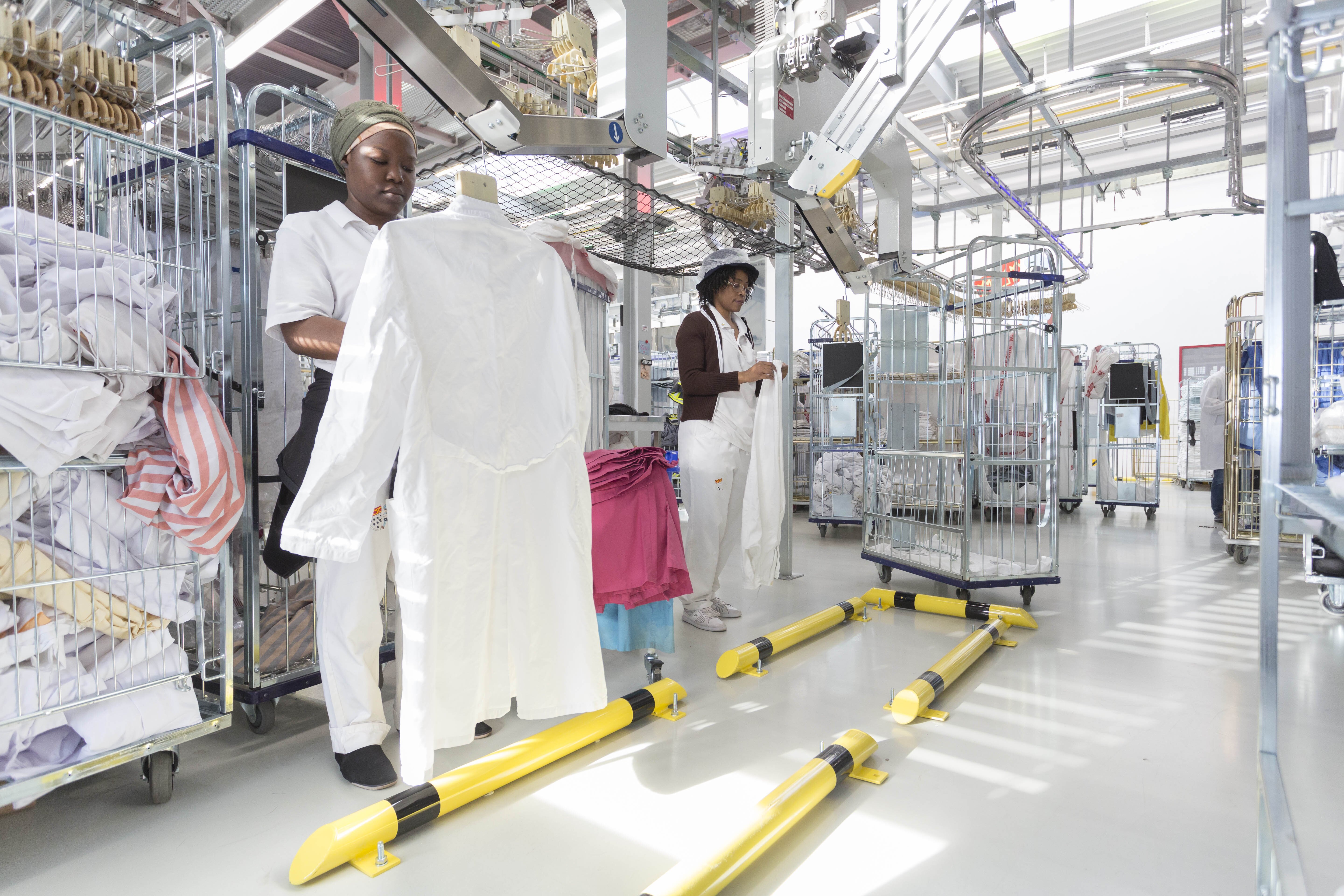Commercial laundry industry is 'on its knees', says TSA chief
Up to 75% of the laundry industry "is on its knees", because work has dried up, according to David Stevens, chief executive of the Textile Services Association (TSA).
“That’s the 75% that used to look after the hospitality, sports, leisure and similar markets. The other 25% is also on its knees – not through lack of work, but because it’s working flat-out, with demand ever-growing. That’s the part looking after the NHS and other key industries.”
“Both parts of our industry are desperate,” he adds. “On the one hand, the thousands of laundries looking after the hospitality and similar markets have seen their work disappear, literally to zero. However, because they are not considered as part of the hospitality industry, they can’t get the support they will need to survive the crisis.

“Meanwhile, the laundries working for the NHS and other essential services, such as food producers, pharmaceutical manufacturers and laboratories, are being asked to ramp up their operations.”
Rona Tait, owner of TDS Commercial, an independent laundry in London with customers in hospitality and sports organisations, said: “In the space of one week 100% of our clients stopped trading. It was such a hard decision for us to close. Laundries are used to carrying on, regardless of the obstacles. Stopping work and just locking up is very unnatural and painful.”

All the staff at TDS have been furloughed. Tait added: “I’m in touch with them all two or three times a week, trying to allay their fears. I’m doing my best to reassure them, but I do need finance to carry on supporting the company through this time. I have applied for the £25,000 grant through Hounslow council, but I don’t think TDS will be considered a hospitality company. I had a brief chat with my business bank manger regarding the government business interruption loan scheme, but I’m not confident the bank won’t ask for personal guarantees.”
It’s estimated that the textile services industry contributes a total of £1.3b in GVA (gross value added) to the UK economy, and that it supports around 28,000 FTE jobs.
“Laundry workers do a tough job and don’t get the recognition they deserve,” Stevens continued. “We’re a Cinderella industry, most people forget that so many other businesses rely on us.
“Laundries that are supplying the NHS will almost certainly need help to get through the peak of the crisis. Meanwhile, if the government doesn’t support the laundries that service the hospitality industries, when the recovery comes, restaurants, hotels and leisure centres will either not be able to function or they will be left with almost insurmountable hygiene and cleaning challenges.”















